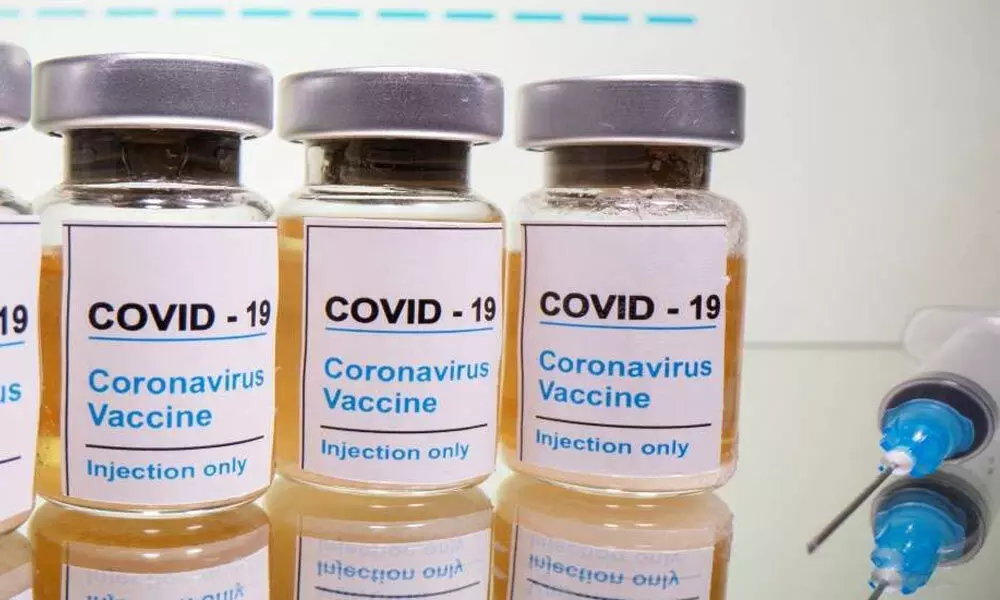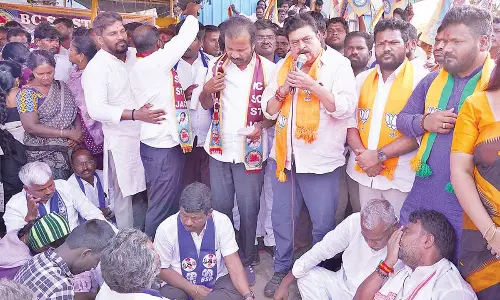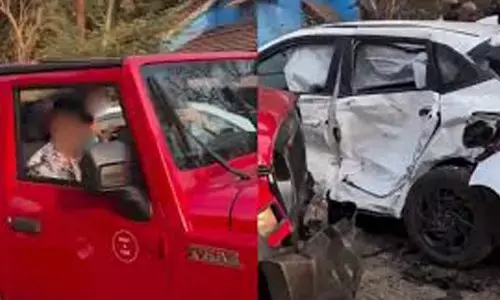Here's everything you need to know about Covid-19 vaccine

Here's everything you need to know about Covid-19 vaccine
More than 127 million people have received the coronavirus vaccine in India ever since it was launched in mid-January
More than 127 million people have received the coronavirus vaccine in India ever since it was launched in mid-January. This is the world's largest inoculation drive. The drive which began with the healthcare workers and frontline warriors was opened to adults aged 60 years and above and later to all who are 45 years and above. From May 1st, the vaccination program will be extended to all above the age of 18 years (except pregnant, lactating women and children).
About the vaccine
Ever since the vaccines were introduced, they are being surrounded by many questions. Let's try to clarify some of the major myths which are preventing people from getting the jab. Serum Institute of India's Covishield and Bharat Biotech's Covaxin are in use and steps are being taken to import vaccines from foreign countries. Already, Russia's Sputnik V vaccine has been approved for use in India, and it is expected to be given to public from May.
Trials were allowed to be taken up side-by-side
For those who do not know, developing a vaccine takes years together. It starts from pre-clinical, phase 1 to check for effects of the medication, phase 2 involving several hundred participants to know the benefits and gather information on the side effects it might cause and phase 3 where a large number of participants have the condition where the new vaccine is meant to treat it. As there was very short time, all these trials were allowed to be taken up side by side on a war footing. Knowledge from scientists and regulators working on vaccines from different countries were shared to expedite the process and there needn't be any slightest of doubt in terms of safety as it was not compromised in any of the steps.
Covishield and Covaxin: What are they made up of?
Covaxin is made of killed coronaviruses and when the vaccine is injected our body can recognise the dead virus and prepare our body to make antibodies to fight the virus. It is administered in two doses four weeks apart. Covishield vaccine is made up of weakened version of common cold virus (adenovirus) from chimpanzees. This virus is modified to look like coronavirus, when injected it prompts the body to develop antibodies ready to attack any coronavirus infection. The shot is given in two doses between four and eight weeks apart.
What about efficacy?
We need more time to ascertain the efficacy of the vaccines. As per the global standards, those vaccines which have an efficacy of 50-60 percent are considered and it should be noted that the Indian vaccines have shown an efficacy of 70-90 percent in the short period of observation.
Common myths
You can take your regular medications and there isn't any instruction to avoid them before vaccination. However, keep your vaccinator informed about your regular medications. People with co-morbid conditions are considered high risk category and they are the ones who have to get the jabs at the earliest. In case, you are concerned about any health issue you have or any interference with medications, then discuss it with your doctor.
People keep asking if they are completely immune after taking the two doses. Vaccines can protect you from the dreaded severity of the pandemic virus and reduce the mortality risk, it is still unclear if it can guarantee complete immunity. It is better to follow Covid appropriate behaviour even after vaccination. People who have recovered from corona infection should also get the jab, after 4-8 weeks of recovery. Vaccines are safe but in any case if you develop any discomfort visit the nearest health facility. So what are you waiting for, register on Co-Win portal, schedule your appointment, get the jab and protect yourself and also the nation from the pandemic virus.
(Author is Consultant, Internal Medicine, Aster RV Hospital)









